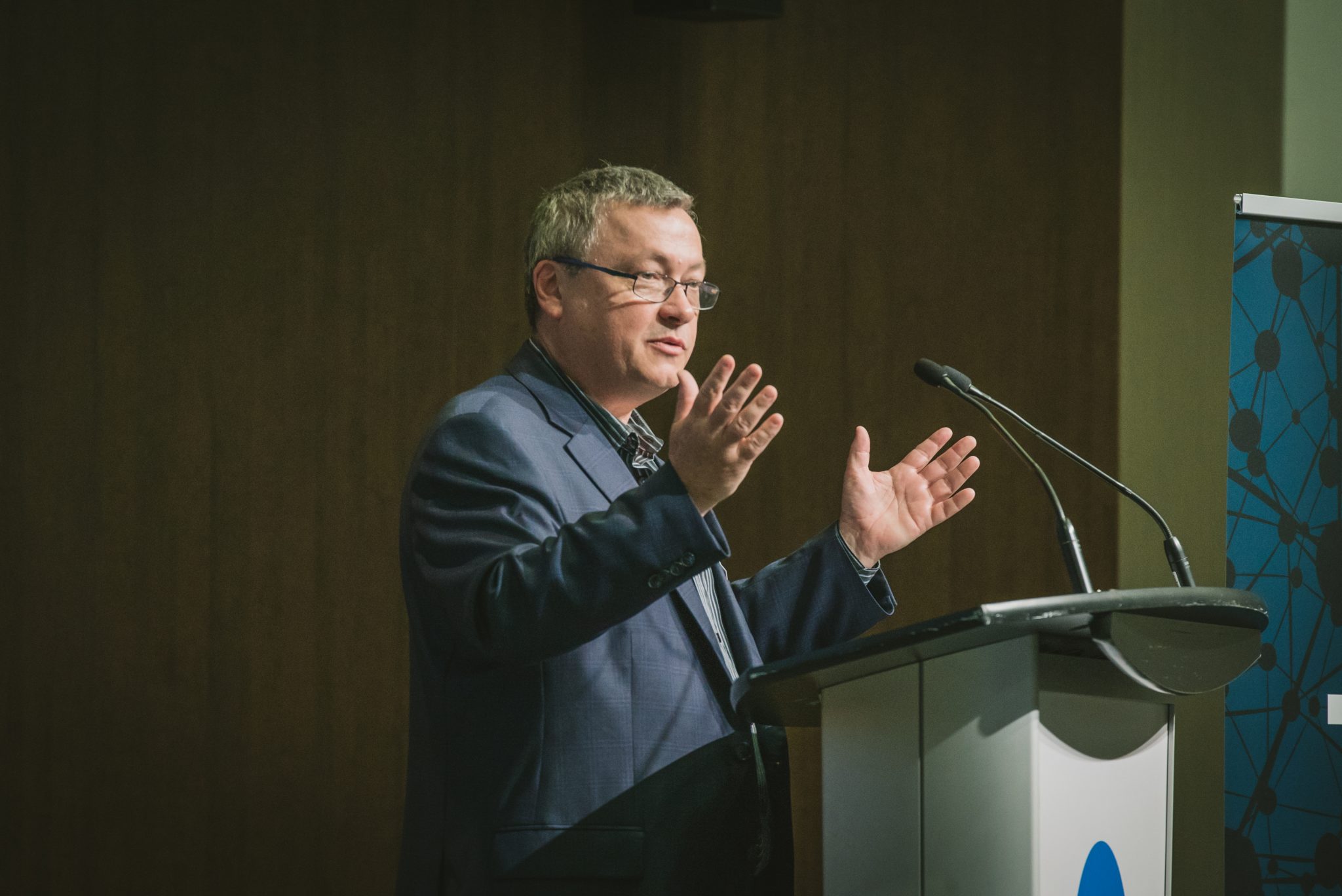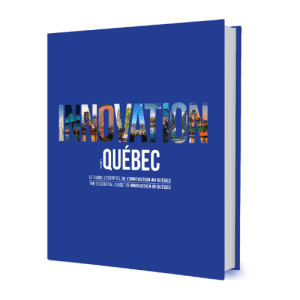As the city where Geoffrey Hinton pioneered deep learning, Toronto has deep roots in artificial intelligence research. The Vector Institute amplifies and leverages this strength in fundamental research for Ontario’s economic benefit by smoothing the path from lab discovery to commercial use.

With marquee facilities for collaboration, Vector hosts more than 600 affiliated researchers, startups, enterprises and health partners. It’s also one of the most powerful computational clusters of any not-for-profit entity in Canada, drawing international AI talent to Toronto. That fuels its ambition to become one of the world’s top 10 research centres for machine learning and deep learning.
But, like its sister institutes Amii in Alberta and Mila in Quebec, Vector doesn’t keep that expertise to itself. Based in the heart of Toronto’s innovation ecosystem and supported by both the federal and provincial governments as well as the private sector, it is a bridge between academia and industry. Since its founding in 2017, Vector has worked with dozens of corporate partners to ensure Canada’s public and private sectors have the people, skills, and resources they need to use AI effectively. In 2020-21 alone, Vector collaborated with 22 companies and hosted more than 4,200 people in its programming, a four-fold increase from the previous year.
Just a Quick Note:
InnovationsOfTheWorld.com has partnered with Trade License Zone (TLZ) to support global innovators looking to expand internationally. Take advantage of the UAE’s Free Zones—enjoy streamlined setup, low corporate taxes, and a strategic gateway to the Middle East and beyond.
Get Your UAE Free Zone License Fast & Easy!
“Ensuring Canadian companies become world leaders in applying AI is a core part of our mandate,” says CEO Garth Gibson. “We help companies identify where and how they can best use AI to sharpen their competitive edge. And we also help them design their systems responsibly, so that models are secure, respect privacy, and don’t perpetuate existing biases.”
AI is becoming increasingly important to businesses throughout the economy — the sector attracted to Ontario more than $2 billion in venture capital investment in 2020. Vector works across the spectrum of organizations to help them build skills, execute effective AI applications, and commercialize ideas. In December 2021, Vector launched FastLane, a new program to support AI adoption in small- and medium-sized businesses — SME firms account for more than half of Canada’s GDP, making them a critical part of the economy. The program helps them unlock new growth whether they are new to AI or looking to expand their current application.
“In our first few years as an institute, we were testing different initiatives to help businesses raise their AI fluency and understand its commercial value,” said Gibson. “Now our focus is on scaling these programs so that as many Canadian organizations as possible can benefit from the insights of top Vector researchers and practitioners.”

“Vector is leading Canada’s efforts to build and sustain AI-based innovation, growth and productivity. Our strategy will help realize the transformative potential of this technology by driving excellence and leadership in Canada’s knowledge, creation and use of AI.”
– Garth Gibson, President and CEO

BRINGING AI INTO MEDICINE
From identifying surgical errors to predicting cardiac events, there are countless potential uses for AI in health. Vector is supporting Canadian health organizations as they explore how to use AI in ways that both assist doctors in their work and respect patient confidentiality. A key initiative is Vector’s Pathfinder projects, which support small-scale AI deployments in clinical settings.
One project, developed with the University Health Network (UHN), goes beyond traditional remote patient monitoring. The MEDLY algorithm enables active and personalized monitoring of daily vital signs and symptoms with instant in-app feedback. The app also alerts health practitioners when a patient’s vitals indicate the need for medical attention. This ensures patients get the care they need when they need it without overtaxing clinical resources.
Coral Review, another Pathfinder project developed in collaboration with the University of Waterloo and UHN, assists with determining a diagnosis by searching through large archives of x-ray images and pinpointing abnormalities that are indicative of a collapsed lung. Designed to be a virtual second opinion, the AI — which is currently around 80 percent accurate — can explain the reasoning behind its conclusions to help doctors make a diagnosis.














